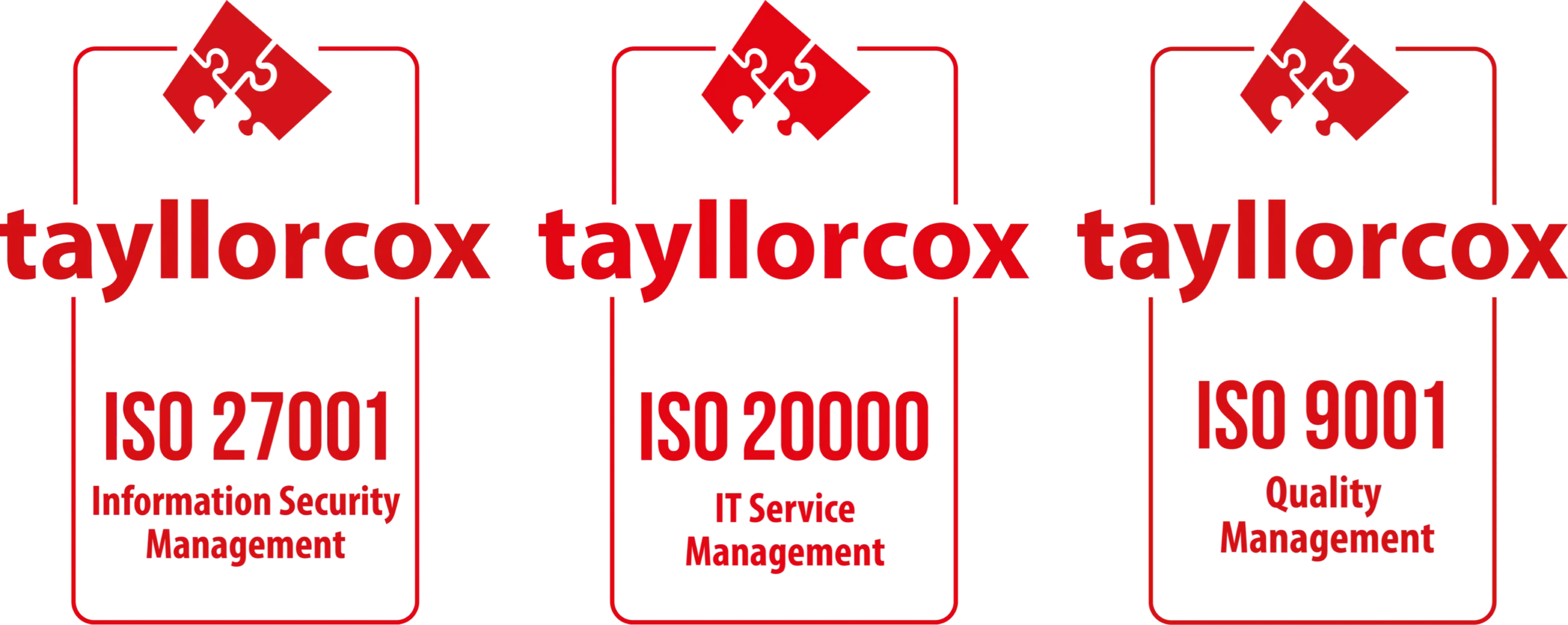Kubernetes has quickly become the go-to container orchestration solution, providing organizations with an efficient means of deploying, managing, and scaling containerized applications.
Many organizations opt for managed Kubernetes services such as Amazon EKS, Azure AKS, or Google GKE initially to simplify operations and leverage the cloud provider’s expertise. As businesses develop further however the decision of whether to switch from managed services to self-hosted Kubernetes becomes an important one.
In this blog post, we will explore the top benefits and challenges associated with moving from Kubernetes-managed services to self-hosted Kubernetes.
Benefits of Self-Hosted Kubernetes
1. Greater Customization and Administration:
Flexibility: Self-hosted Kubernetes gives organizations the flexibility to customize the cluster configuration according to specific requirements. This may involve selecting Kubernetes versions, network plugins, and other components depending on an organization’s individual needs.
Cluster Architecture: Organizations can customize a cluster architecture specifically tailored to their workload needs, giving them more control and meeting any performance or security demands that might arise from complex applications with specific performance or security demands.
2. Cost Optimization:
Resource Allocation: Self-hosted Kubernetes provides the flexibility of fine-tuning resource allocation based on actual usage patterns, leading to cost savings by avoiding overprovisioning and optimizing resource allocation across workloads.
Avoidance of Service Charges: Managed Kubernetes services typically carry an associated service charge. By transitioning to self-hosted Kubernetes, organizations may find they can avoid or reduce service charges altogether, and experience cost savings over time.
3. Enhanced Security:
Network Policies: Organizations can implement and manage network policies more granularly in a self-hosted Kubernetes environment. This level of control is crucial for securing communication between pods and enforcing security policies effectively.
Custom Security Measures: Self-hosted Kubernetes allows organizations to implement custom security measures tailored to their specific compliance requirements and security standards. This can be especially important for industries with strict regulatory frameworks.
4. Improved Performance:
Optimized Workload Placement: With self-hosted Kubernetes, organizations have direct control over workload placement decisions, enabling them to optimize for performance, latency, and resource utilization.
Choice of Infrastructure: Organizations can choose the underlying infrastructure that best suits their performance needs. This might include selecting specific instance types, storage solutions, and networking options based on performance considerations.
5. Autonomy in Upgrades:
Controlled Upgrade Process: Self-hosted Kubernetes provides organizations with the ability to control the upgrade process for the Kubernetes cluster and underlying components. This allows for testing and validation before applying upgrades, reducing the risk of disruptions.
Timely Adoption of Features: Organizations can adopt new Kubernetes features and updates at their own pace, ensuring that the adoption aligns with their application development and operational timelines.
Challenges of Self-Hosted Kubernetes
1. Operational Complexity:
Infrastructure Management: Kubernetes requires self-hosted administrators to be responsible for overseeing its underlying infrastructure – this can involve provisioning servers, networking components, and storage solutions, which may prove challenging and time-consuming to manage.
Cluster Operations: Organizations must manage cluster operations such as scaling, monitoring, and troubleshooting effectively in order to provide efficient day-to-day operations management. For this to occur, expertise in Kubernetes administration and a dedicated team are necessary for daily management.
2. Resource Investment:
Skilled Personnel: Running Kubernetes on self-hosted infrastructure requires a team with expertise in Kubernetes administration, infrastructure management and associated technologies. Organizations may be required to hire or train experts.
Time and Effort: Transitioning to self-hosted Kubernetes requires significant investments of time and energy, which requires organizations to carefully consider whether they possess both the resources and commitment to handle these responsibilities.
3. Security Responsibilities:
Vulnerability Management: Self-hosted Kubernetes shifts the responsibility for vulnerability management to the organization. This includes staying informed about security patches, applying timely updates, and ensuring the overall security posture of the cluster.
Policy Enforcement: While self-hosted Kubernetes offers enhanced security control, organizations must actively enforce security policies, implement access controls, and regularly audit configurations to maintain a secure environment.
4. Potential for Misconfigurations:
Human Errors: With greater control comes the potential for misconfigurations. Human errors in cluster configurations, security settings, or resource allocations can lead to performance issues, security vulnerabilities, or service disruptions.
Continuous Monitoring: Organizations must implement robust monitoring and alerting mechanisms to quickly identify and address misconfigurations. This requires ongoing vigilance and a proactive approach to cluster management.
5. Upgrades and Compatibility:
Compatibility Challenges: Upgrading self-hosted Kubernetes involves ensuring compatibility between different components, including the Kubernetes version, container runtimes, and plugins. This can be challenging and requires careful planning.
Downtime Considerations: Organizations must plan for potential downtime during the upgrade process. Coordinating updates across multiple clusters or nodes without disrupting services requires careful orchestration.
Making the Right Call
Deciding between Managed Services and self-hosting isn’t a one-size-fits-all proposition. Carefully assess your needs and capabilities before making the leap:
- Organizational Maturity: For organizations already comfortable with managing complex infrastructure, self-hosting might be a natural progression. However, those new to cloud-native environments might benefit from the support and scalability of Managed Services.
- Workload Requirements: Large-scale containerized workloads can justify the effort of self-hosting for cost optimization and customization. Smaller workloads might find Managed Services more cost-effective and manageable.
- Available Resources: Do you have the personnel and expertise required for running your own Kubernetes? Hiring new talent or upskilling existing teams can be resource-intensive, impacting your decision.
- Risk Tolerance: Self-hosting comes with greater responsibility and potential disruption. Organizations averse to risk might favor the stability and support offered by Managed Services.
Conclusion
Self-hosting Kubernetes provides several advantages over its hosted counterparts, including increased control, flexibility, and cost savings; but it comes with challenges as well. Before making such a significant decision, carefully assess these aspects against your organization’s needs, resources and risk appetite before making this significant choice. Take time to test out different approaches such as hybrid deployment or self-hosting before jumping straight in, the hybrid route may prove especially valuable when first testing out self-hosted Kubernetes deployment as an initial option. Choose whatever path best equips your organization to thrive within the containerized app’s dynamic ecosystem.




